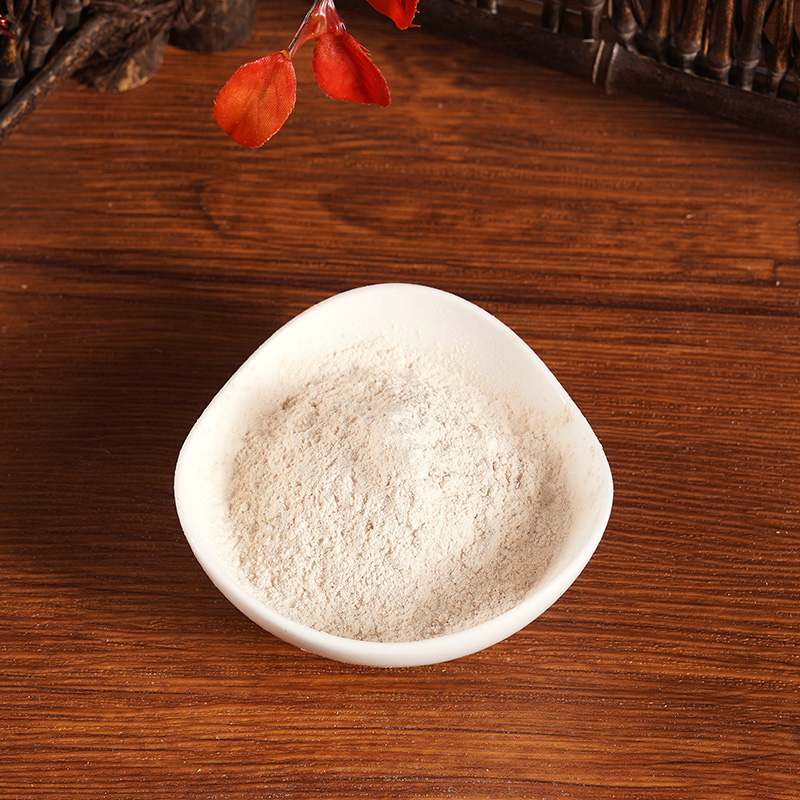How Do Dehydrated Vegetables Retain Their Nutritional Value?
Dehydrated vegetables have gained popularity as a convenient and long-lasting food option, particularly in situations where fresh produce is not readily available. A common question among consumers and health professionals is how these processed vegetables manage to retain their nutritional value.
The Dehydration Process
Dehydration involves removing water from vegetables to inhibit the growth of microorganisms and slow down spoilage. This process can significantly impact the nutritional content, depending on the methods used.
Methods of Dehydration
-
Air Drying: This traditional method uses heated air to evaporate moisture. It is cost-effective but may lead to higher nutrient loss due to prolonged exposure to heat and oxygen.
-
Freeze Drying: In this method, vegetables are frozen and then placed under a vacuum to sublimate ice directly into vapor. Freeze drying is known for preserving a high percentage of nutrients, including heat-sensitive vitamins, because it occurs at low temperatures.
-
Spray Drying: Typically used for powdered forms, this technique involves spraying liquid vegetable purees into hot air. While efficient, it can result in some nutrient degradation if temperatures are not carefully controlled.
Impact on Nutrients
-
Water-soluble vitamins, such as vitamin C and B vitamins, are vulnerable to loss during dehydration, especially if high heat is applied. However, minerals and fiber remain largely stable due to their resistance to heat and oxidation.
-
The rate of nutrient retention varies with the dehydration method; for instance, freeze-dried dehydrated vegetables often retain over 90% of their original nutrients, while air-dried versions may retain less.
Nutritional Retention Mechanisms
The ability of dehydrated vegetables to maintain nutritional value relies on several key mechanisms that protect essential compounds from degradation.
Preservation of Vitamins
-
Antioxidant Stability: Dehydration reduces water activity, which minimizes enzymatic reactions that can break down vitamins. Additionally, some dehydration methods, like freeze drying, help preserve antioxidants by limiting exposure to oxygen.
-
Encapsulation of Nutrients: In processes such as spray drying, nutrients can be encapsulated within the vegetable matrix, shielding them from environmental factors that cause deterioration.
Mineral Stability
-
Minerals like potassium, magnesium, and iron are generally stable during dehydration because they are not volatile or sensitive to heat. This makes dehydrated vegetables a reliable source of these essential nutrients.
-
The removal of water concentrates minerals in dehydrated vegetables, potentially increasing their density per serving compared to fresh counterparts.
Comparison with Fresh Vegetables
Understanding how dehydrated vegetables stack up against fresh ones in terms of nutrition provides context for their value in a balanced diet.
Nutrient Loss Over Time
-
Fresh vegetables begin to lose nutrients shortly after harvest due to respiration and exposure to light and air. In contrast, properly stored dehydrated vegetables can maintain stable nutrient levels for months or even years.
-
While some vitamins, such as vitamin C, may be lower in dehydrated vegetables compared to freshly picked ones, the overall nutritional profile remains substantial, especially for minerals and fiber.
Convenience and Shelf Life
-
Dehydrated vegetables offer extended shelf life without the need for refrigeration, making them practical for long-term storage and emergency supplies.
-
They provide similar dietary fiber and mineral content as fresh vegetables, though consumers should rehydrate them properly to maximize nutrient absorption and texture.
Benefits and Considerations
Incorporating dehydrated vegetables into diets can offer health advantages, but it is important to consider factors that affect their nutritional quality.
Health Benefits
-
Dehydrated vegetables contribute to daily intake of fiber, vitamins, and minerals, supporting digestive health and overall wellness. For example, they can be a source of iron and potassium in regions with limited access to fresh produce.
-
Studies indicate that including dehydrated vegetables in meals may help reduce food waste and promote sustainable eating habits by utilizing surplus crops.
Storage and Preparation
-
To preserve nutrients, dehydrated vegetables should be stored in airtight containers away from light and moisture. Improper storage can lead to nutrient loss through oxidation.
-
When rehydrating, using minimal water and avoiding overcooking can help retain water-soluble vitamins. It is also advisable to consume dehydrated vegetables as part of a varied diet to ensure a broad range of nutrients.
Dehydrated vegetables can effectively retain a significant portion of their nutritional value through controlled dehydration processes and proper handling. While some nutrient loss occurs, particularly with water-soluble vitamins, the preservation of minerals, fiber, and other compounds makes them a viable alternative to fresh vegetables.
News Category
- Company News(1)
- Industry News(75)



 English
English русский
русский 日本語
日本語 한국어
한국어 中文简体
中文简体












